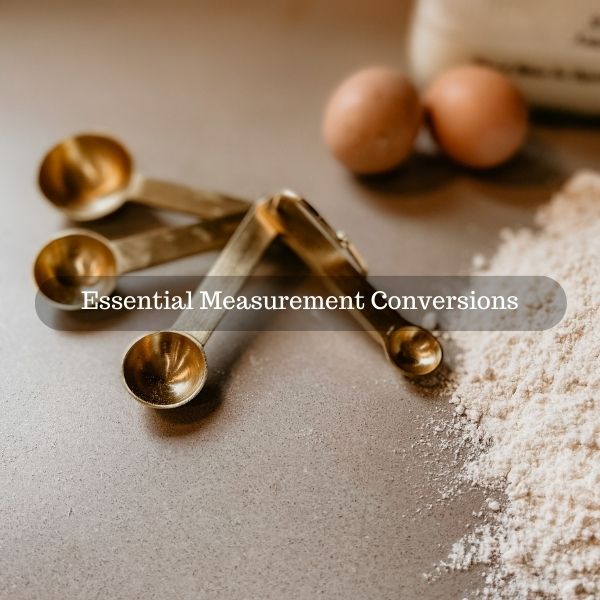We all understand that our car needs fuel to keep it running.
In the same way, our body also needs fuel, in the form of food, to power our continued existence.
The food we consume provides us with a range of different nutrients, such as vitamins, minerals, water, carbohydrates, fiber, fat, and protein.
These nutrients have varying uses, like keeping the organs healthy and operational, the brain in working order, and also ensuring our cells continue to regenerate.
When a car runs out of gas, it stops running.
What if the body runs out of gas?
What happens?
Before we answer this question, let’s first look at the recommended amount of food you should be eating in a normal day.
Calories are used to measure the energy content of foods and beverages, and according to online health information website, Health line, the average woman needs to consume roughly 2000 calories per day to maintain her weight, and 1500 calories per day to lose one pound of weight per week.
The average man needs to consume around 2500 calories per day to maintain his weight, and 2000 calories per day to lose one pound of weight per week.
This is just a guide, and the actual amount depends on numerous factors, like age, height, weight, and activity levels.
So what does 2,000 or 2,500 calories look like in portions of food?
Here are a few examples: A roasted chicken is 475 calories per leg, a 6 oz Salmon fillet is 350 calories, there are 489 calories per 100 grams (3.5 oz) of homemade granola, and a Starbucks’ Double Chocolaty Chip Frappuccino Blended Creme with whipped cream has a whopping 510 calories, so 4 of those a day and you’d
be maxed out!
Now that we have an idea of how much food we need, and the calorie levels of some of
the things we eat, let’s see what happens if we cut out all these yummy delights and starve the body of fuel.
For the first 6 hours with no food, everything is perfectly normal; many people have gaps between meals of up to 6 hours on a typical day.
The glycogen in your body, which is responsible for storing energy, is broken down through your metabolism to form glucose, the thing your body uses as fuel.
Your brain uses 25% of this energy, with the rest being absorbed by your muscle tissues and red blood cells.
But as soon as you get beyond 6 hours, the glycogen stores will be exhausted and hunger pains will kick in.
As the brain runs out of energy, it can lead to some people getting moody and irrational, unless they find their favorite snack fast.
These feelings do not last long though, and your body adjusts and enters what’s known as ketosis, a state at which the body starts breaking down your excess fat and converting it to energy.
Ketosis is a state that a lot of athletes, such as marathon runners, enter when they run out of glycogen supplies.
And there are also many popular low-carb diets that use ketosis to assist with weight loss.
After 72 hours, things start to get very tricky, when your brain decides it needs more than just ketones to survive.
At this stage, your body starts to break down its own proteins to form glucose.
So your body is effectively eating it’s own muscle tissue to survive, and we’re only 3 days in!
Beyond this point, the immune system will start to struggle in the absence of important vitamins and minerals.
This will make you more susceptible to illnesses, and eventually death.
As the body continues to eat itself until there is no fat, muscle, or glucose reserves
left, the chance of heart attack due to severe heart tissue damage is heightened.
This sounds pretty harsh and not advisable, but trying to predict how long these results will affect a person can vary depending on different factors.
Someone with greater fat reserves will have a longer survival time, and most importantly, it matters how much water the body receives.
Without fluids, most people will die within 10 days, but if fluids are kept in the diet, then a person can last from 20 to as long as 60 days without eating anything, though most human bodies will give up within 40 days.
So what are some of the longest periods people have gone without food?
We found the story of Rita Chretien, who was in her mid 50’s when she and her husband got lost in the Nevada wilderness in the winter of 2011.
Rita survived 49 days of starvation, using melted snow to get liquid.
She was fortunate to be discovered by some hunters who were taking advantage of the good weather after the winter.
By the time she was found, she had lost nearly 30 pounds, and as she had not eaten for so long, she was unable to take food immediately.
Her husband disappeared when he went off to try and find food and help.
His body was discovered in 2012.
Clearly if you’re planning any adventure trips, it’s best to be properly prepared.
British newspaper The Guardian quoted the couples son Raymond as saying, “I don’t believe they were prepared for winter weather.
They don’t go camping,” Some of the longest periods that people go without food are hunger strikes, and none were longer than the case of an Indian national born in 1931, Bhagat Singh.
At the time, the British ruled India, and Singh was part of the Indian independence movement which saw him locked up in prison for allegedly murdering two people.
When in prison, Singh undertook a hunger strike as a way to demand better clothing and hygiene standards, and an ending of the manual labor duties at the prison.
The British government tried to break the fast by placing bowls of food in his cell, but Singh was very determined and never touched any of it.
Incredibly, he lasted 63 days, by which point he weighed only 119 pounds.
Ok, so it seems that if the conditions are right, and you have enough water, you can go without food for long periods of time.
But is it ever healthy or is it just downright dangerous?
As it happens, fasting has become increasingly popular as a health routine in recent years.
It’s widely understood within the health community that there are many benefits to cutting out food for short periods of time, such as a few days.
The obvious benefit is that it can support weight loss, if that’s something your body requires, but other health benefits are said to include boosting your metabolism, lowering blood pressure, protecting your brain, and maybe even slow the aging process, though a lot of researchers all disagree with these theories.
So, how long have you ever gone without food, and how difficult was it?
Let us know in the social media comments!






